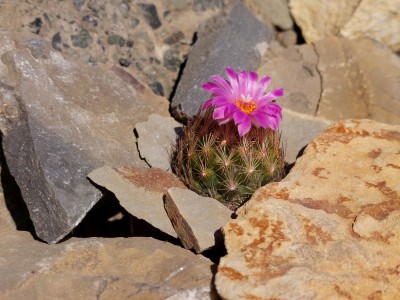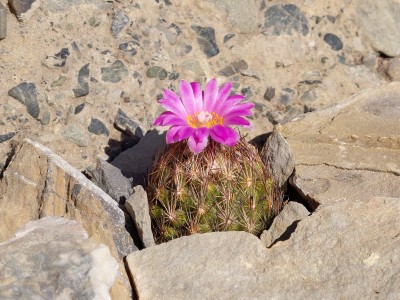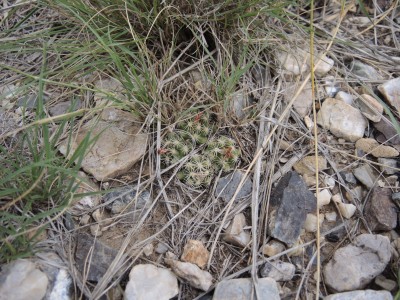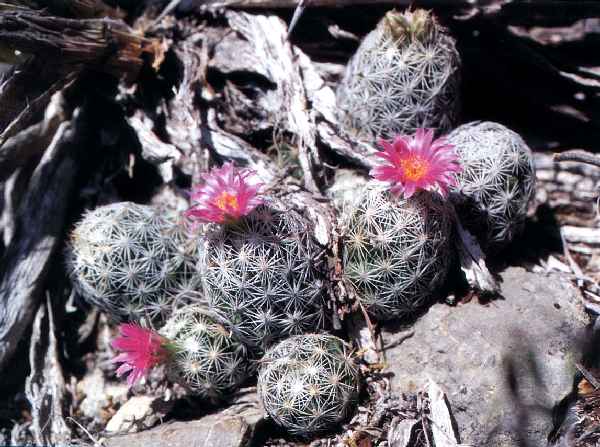Discussions
Escobaria hesteri (Y. Wright) Buxbaum - Distribution
by Hans Havel (A)
Contributions to this topic send please to the following e-mail address escobaria@atlas.cz .
January 17, 2008
Hans Havel - e-mail: hahavel@aon.at
I have always been interested in how large the distribution area of a plant is. I therefore make a data collection
of the occurrences for certain plants. This time, some almost unbelievable reports have prompted me to publish data
on the distribution of Esc. hesteri.
Esc. hesteri was described in honour of its discoverer in 1932 by Ysabel Wright. Brewster County, TX was given as the distribution area.
Type locality: Near Mount Ord, about 10 miles southeast of Alpine, Brewster Co, TX.
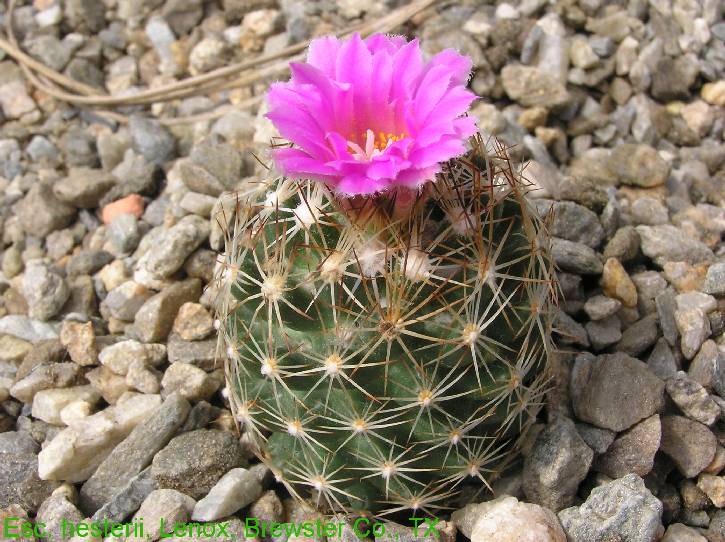 Fig. 1 - Esc. hesteri, Lenox, Brewster Co., TX |
I know of only one publication that has investigated the distribution of the plant and that was a report in the Cactus and Succulent
Journal (US), Vol.68 (1996) "Distribution and population density of Coryphanta hesteri in the Big Bend Region of Texas"
by Gerald G. Raun, Department of Biology, Sul Ross State University Alpine, TX 79832.
In this study it was reported that Heil & Andersen reported nine locations around Marathon, Brewster Co, TX in a report to the US Fish
and Wildlife Service. Four additional populations were found by instigation of the author, Gerald G. Raun, during systematic searches
by students within 17 miles around Marathon.
In German-speaking countries I am not aware of any remark about other locations until the description of Esc. grata, Coahuila, Mex.
This seems to be a close relative of Esc. hesteri.
I first heard in 2004 from a cacti friend from Würzburg that he found a plant similar to an Esc. hesteri
near Sierra Carmen, Coahuila. I was very happy to get a plantlet from his offspring. This one flowered a year later
and is, in my opinion, a typical Esc. hesteri.
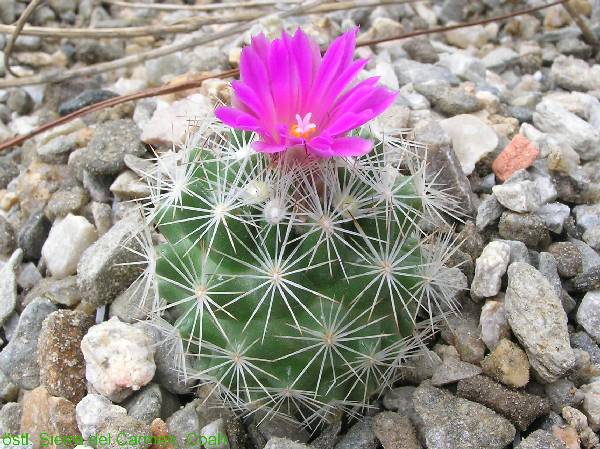 Fig. 2 - Esc. hesteri Plant near Sierra Carmen, Coah. |
Esc. grata was already described in 2001 by M. Kaplan, L. Kunte and J. Snicer, but was not known to me at that time
and I have not yet succeeded in obtaining a true species of offspring.
Distribution: Sierra el Burro, Coahuila, Mexico
However, I had received a plant from Austrian collectors whose seeds they collected in 1992 on the road Coah.53, east of Caberones,
Coahuila, which is probably about 40 km as the crow flies from where Kaplan & Co. found it.
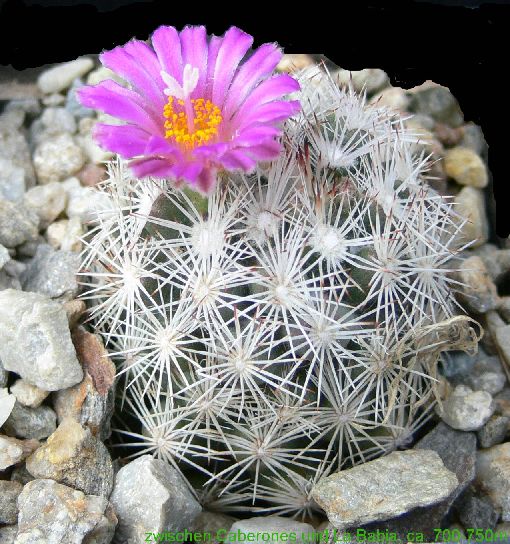 Fig. 3 - Esc. grata? on the road Coah. 53 |
In the early summer of this year I experienced two surprises that were almost unbelievable. A friend from Nuremberg found
a plant near Ocampo, Coah, a plant that is a normal Esc. hesteri in appearance and flowering, unfortunately I have
not seen seeds yet.
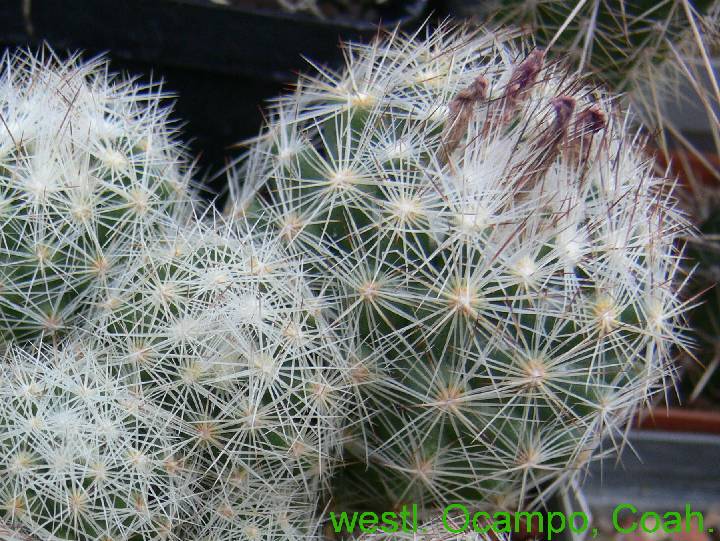 Fig. 4 - Esc. hesteri, near Ocampo, Coah. |
The second surprise was even more incredible, near Real de Catorce, SLP he found a plant that also resembled
an Esc. hesteri. There one expects a Neolloydia but not an Esc. hesteri. I have not seen a seed here either.
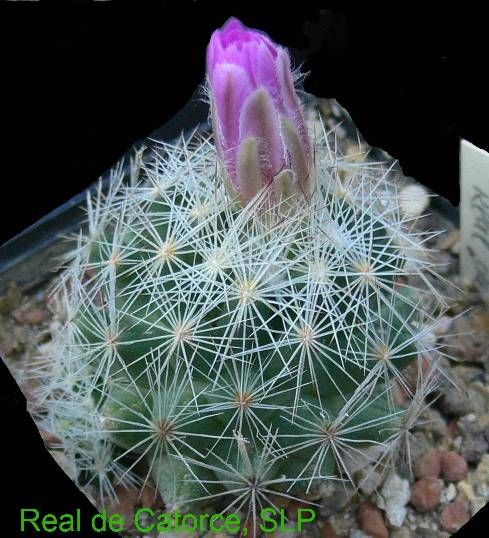 Fig. 5 - Esc. hesteri near Real de Catorce, SLP |
Furthermore, I have heard that plants were found southwest and west only a few km from Cuatro Cienegas, Coahuila,
thought by some to be Esc. vivipara and by some to be Esc. hesteri. At that time, no one had probably
seen the flower.
As this goes far beyond the current knowledge of the distribution of Esc. hesteri, I would like to appeal to all
visitors to Coahuila and Texas to report any observations, I believe all Escobaria collectors are very interested.
Responses are requested to Jan Mynar or Hans Havel. hahavel@aon.at.
Translated with www.DeepL.com/Translator (free version)
February 2, 2008
Vladislav Šedivý - e-mail: vladsedivy@centrum.cz
This is really the surprise, it reminds me the situation around C. ramillosa, in the USA it is protected plant and in Mexico thousands
of plants grow from the border to Cuatrocienegas.
Translated with www.DeepL.com/Translator (free version)
February 2, 2008
Jaroslav Šnicer - e-mail: cult.tricka@seznam.cz
Already in 2000 we found two localities with somewhat different forms of Esc. grata. One at Mina el Tule (TL)
and the other at the road from Melchor Muzquiz to Boquillas del Carmen. At the first site we found several large clumps - this
was the first of the differences from Esc. hesteri. At the second site, Esc. grata grew singly. We were then
very surprised by the flowers. Other commentators may disagree with me, but they are relatively easy to distinguish from hesteri.
The predominant white colour of the spines is a secondary matter, but together with several other characters it eventually
contributed to the description of the new taxon. We communicated the proximity to Esc. hesteri quite clearly towards the public.
We even acknowledged the species subordination and the possibility of combination.
But I disagree with the synonymization of Esc. grata. Three years ago, even despite the disagreement of my colleague
Grzegorz Matuzsewski, I identified the Ocampo plant as Esc. grata. I still stand by it today. The same is true for the plant
from Real de Catorce. If I am wrong, I will be publicly convicted of it, and good for me. In February 2007, my colleagues
and I found another site in the Sierra de la Paila. The form here is slightly rhizomatous and somewhat more robust. It also retains
its central adherent spines much more frequently and remotely resembles Esc. zilziana. But this is probably only a mere
resemblance. Real de Catorce remains a quite fantastic discovery for me and I congratulate the finder. On the other hand,
I can imagine the occurrence in the Real de Catorce area. The lowest populations of Epithelantha bockei can be found
in the area - few would have believed this before. We also found one new species of the genus Lophophora, Mammillaria
coahuilensis !!! and an interesting form of Coryphantha hintonii. Why shouldn't Esc. grata travel with bockei
and fossuratus ssp. hintonii. Nature surprises us all the time. Thank you all for this nice debate.
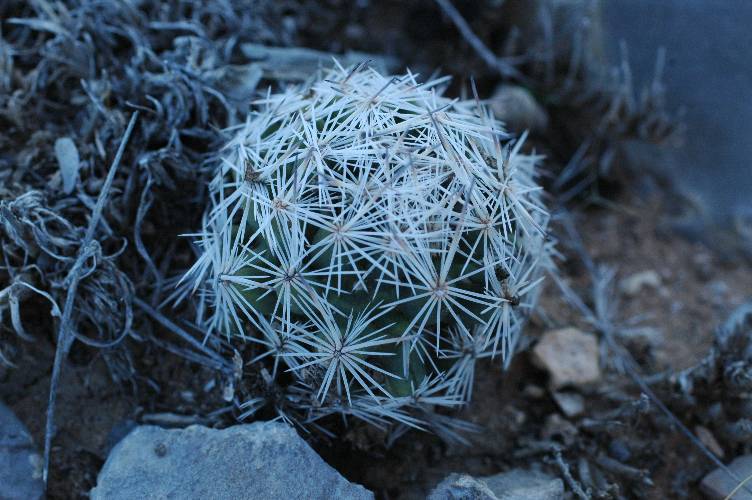 Fig. 6 - Esc. grata, Sierra de la Paila, Coahila, Mexiko. |
Translated with www.DeepL.com/Translator (free version)
February 3, 2008
Jan Říha - e-mail: riha.j@sendme.cz
Regarding Esc. hesteri, I think the true nominate taxon is only known from Marathon, TX. The southern relatives, occurring
in Mexico, are all subspecies grata. The combination has already been made, so I propose to use the name Esc. hesteri
subsp. grata for the Mexican plants.
Translated with www.DeepL.com/Translator (free version)
February 3, 2008
Jan Mynář - e-mail: escobaria@atlas.cz
I only add that new combinations of Esc. hesteri subsp. hesteri and Esc. hesteri subsp. grata
can be found in article
Lüthy J., Dicht R. (2007): "Outstanding but overlooked: E. hesteri
ssp. grata (M. Kaplan, L. Kunte & J. Šnicer) J. Lüthy & Dicht from Coahuila, Mexico", Cactus World, No.3, 2007.
Does anyone please have this article already? Please send it to me. I think it is necessary for this discussion.
Translated with www.DeepL.com/Translator (free version)
January 20, 2009
Jaroslav Šnicer - e-mail: cult.tricka@seznam.cz
Dear friends,
I am preparing myself for another journey to Mexico. I would like to complete the information concerning the occurence of Esc. hesteri
subsp. grata. Thus, I would like to ask you if you could provide me with more information on the occurence of subsp. grata
at the sites close to Cuatrocienegas and Real de Catorce. Thank you very much in advance.
Jaroslav
Translation by Jana Mynářová
September 18, 2023
Jan Mynar - e-mail: escobaria@atlas.cz
At the beginning of September, I had several plants of E. hesteri subsp. hesteri and E. hesteri subsp. grata in flower.
Therefore, I decided to supplement the discussion with photographs of these plants, a summary of generally known localities and a map
of the distribution of the taxon Escobaria hesteri.
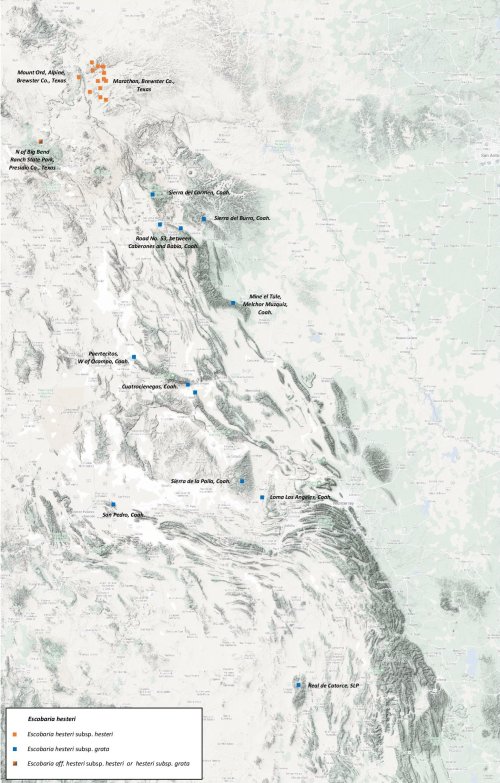 Map 1 - Approximate distribution of the taxon Escobaria hesteri |
The following are the individual localities that I know so far.
Escobaria hesteri subsp. hesteri:
- Mount Ord, Alpine, Brewster Co., Texas, USA - type locality,
- around Marathon, Brewster Co., Texas, USA.
Escobaria hesteri aff. subsp. hesteri or subsp. grata:
A very interesting discovery, although some disagree that this is an E. hesteri plant at all. It will therefore be interesting to see if this observation can be confirmed.
- N of Big Bend Ranch State Park, Presidio Co., Texas, USA; for details see www.inaturalist.org/observations/151781020.

Fig. 10 - E. hesteri ? subsp. hesteri or subsp. grata
N of Big Bend Ranch State Park, Presidio Co., Texas, USA
Photo Reid Hardin
www.inaturalist.org/observations/151781020

Fig. 11 - E. hesteri ? subsp. hesteri or subsp. grata
N of Big Bend Ranch State Park, Presidio Co., Texas, USA
Photo Reid Hardin
www.inaturalist.org/observations/151781020

Fig. 12 - E. hesteri ? subsp. hesteri or subsp. grata
N of Big Bend Ranch State Park, Presidio Co., Texas, USA
Photo Reid Hardin
www.inaturalist.org/observations/151781020
Escobaria hesteri subsp. grata:
- Sierra del Burro, Coahuila, Mexico - type locality,
- Mine el Tule, Melchor Muzquiz, Coahuila, Mexico,
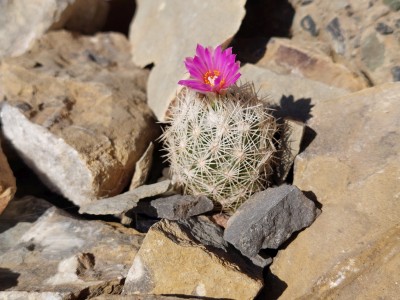 Fig. 14 - E. hesteri subsp. grata MK 140.430A Melchor Muzquiz, Coahuila, Mexico Photo and collection Jan Mynar (09/2023) |
- Road No. 53, between Caberones and Babia, Coahuila, Mexico,
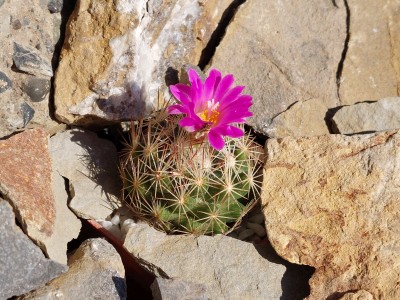 Fig. 15 - E. hesteri subsp. grata W 46-88, Caberones, Coahuila, Mexico Photo and collection Jan Mynar (09/2023) |
- Sierra del Carmen, Coahuila, Mexico, see Fig. 2,
- Puertecitos, W of Ocampo, Coahuila, Mexico,
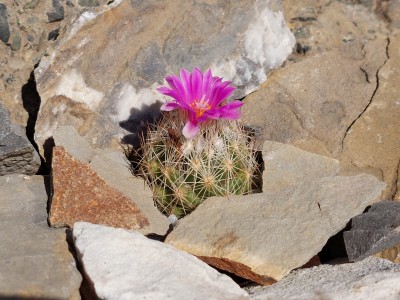 Fig. 16 - E. hesteri subsp. grata W of Ocampo, Coahuila, Mexico Photo and collection Jan Mynar (09/2023) |
- Cuatrocienegas, Coahuila, Mexico, I don't have a picture yet,
- Sierra de la Paila, Coahuila, Mexico, see Fig. 6,
- Loma Los Angeles, Coahuila, Mexico,
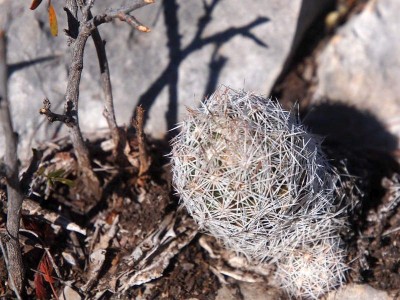 Fig. 17 - E. hesteri subsp. grata (syn. E. grata) GM 660 Lomas los Angeles, 730 m, Coahuila, Mexico Photo Grzegorz Matuszewski (2002) |
- San Pedro, Coahuila, Mexico,
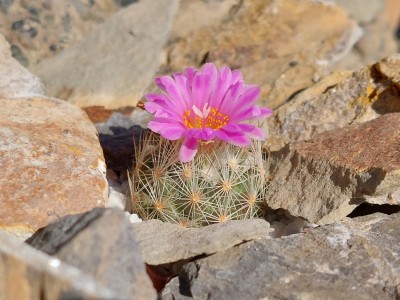 Fig. 18 - E. hesteri subsp. grata GM 1499 San Pedro, Coahuila, Mexico Photo and collection Jan Mynar (09/2023) |
- Real de Catorce, San Luis Potosí, Mexico, see Fig. 5.
If you know any other localities, I would be pleased if you could share them (at least the area is enough, no need to give details). The aim is to map the overall distribution of the taxon.
More photos of plants from the localities would also be interesting.
Jan Mynar
Translated with www.DeepL.com/Translator (free version)
September 23, 2023
Hans Havel - e-mail: hahavel@gmx.at
I have seen the hesterii discussion. Years ago I was proud to learn about so many locations, since the work of the professor
from Austin/Alpine University only shows a distribution on the novaculite zone. Now I see how far the distribution goes. I would like
to add something about the Real de Catorce site.
I originally named the location Real de Catorce based on a find by my recently deceased friend, Dr. Erich Schrempf. He found the plant
on a layered stone wall of a house in Real de Catorce. I got a small sprout, but it died at some point. Erich also had the same experience,
so that he looked for this wall on one of his next trips. But the plant was no longer there either. When he asked the owner of the wall
about the plant, he could neither tell him where it came from nor where it was found. Erich searched both times in the surroundings of Catorce,
but found nothing. It is possible that this is a plant from another zone and not in the vicinity of Catorce.
Hans Havel
Translated with www.DeepL.com/Translator (free version)
May 1, 2025
Jan Mynář - e-mail: escobaria@atlas.cz
I have received several photos of plants of Escobaria hesteri from Jan Hadrava and Stefan Nitzschke to complete the list.
I attach below.
Jan Mynář
E of Marathon, Brewster Co., Texas, USA - Escobaria hesteri subsp. hesteri,
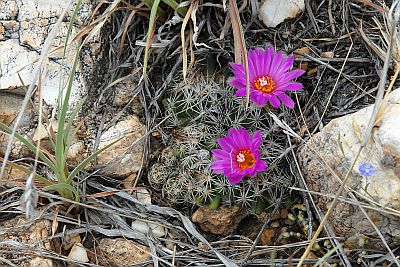 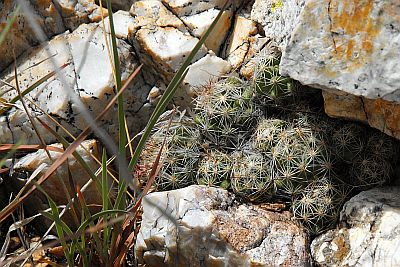    Bild 19-23 - E. hesteri subsp. hesteri E of Marathon, Brewster Co., Tx., USA Photo Jan Hadrava |
Puertecitos, W of Ocampo, Coahuila, Mexico - here the question is repeated whether it is subsp. grata or rather subsp. hesteri,
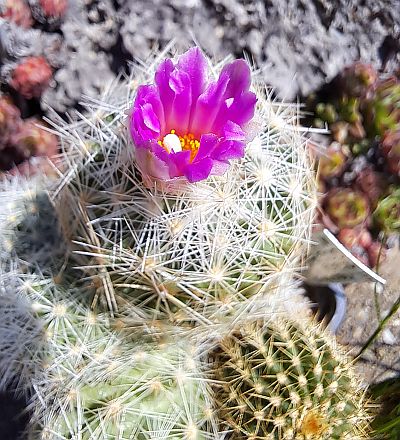 Bild 24 - E. hesteri subsp. grata Puertecitos, Coahuila, Mexico Photo and Collection Jan Hadrava |
N of Ocampo, Coahuila, Mexico - designated as Escobaria hesteri aff. north Ocampo, Coahuila, Mexico, here, too, the question arises as to whether it is subsp. grata or hesteri,
 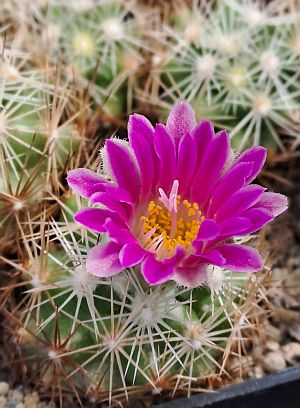  Bild 25-27 - E. hesteri aff. north Ocampo, Coahuila, Mexico Photo Stefan Nitzschke |
La Mula, Coahuila, Mexico - bezeichnet als Escobaria hesteri aff. La Mula, Coahuila, Mexico, here, too, the question arises as to whether it is subsp. grata or hesteri,
   Bild 28-30 - E. hesteri aff. La Mula, Coahuila, Mexico Photo Stefan Nitzschke |
Translated with www.DeepL.com/Translator (free version)
Contributions to this topic send please to the following e-mail address escobaria@atlas.cz .
A form to create a new discussion page - new discussion .
